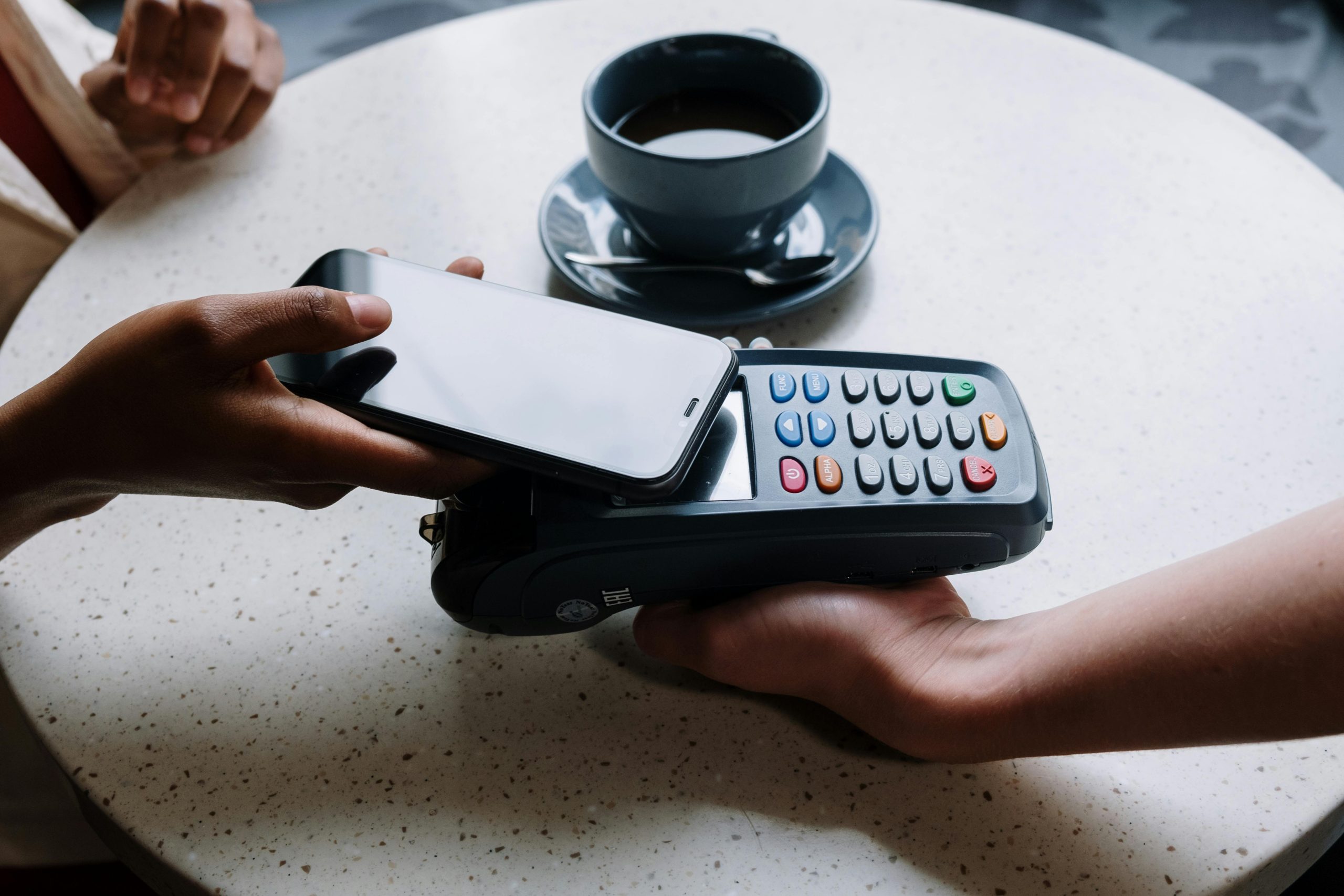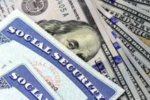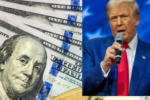A viral video circulating on social media claims that every U.S. resident will receive a $1,000 stimulus payment this December. While the news has gained massive attention, it’s important to separate fact from fiction. This article will break down what’s true and what’s not about the rumored $1,000 stimulus payment.
Where Did the Rumor Come From?
The viral video, shared widely on Facebook in early December, shows former President Trump speaking at a campaign rally. In the clip, he talks about deregulating agencies. However, the video was manipulated to suggest that Trump promised a $1,000 stimulus payment.
This misinformation has spread rapidly, leading many to believe that the IRS will soon distribute these funds. Unfortunately, this claim is not true.
Fact-Check: No $1,000 Stimulus Payment Has Been Approved
Despite the rumors, the Internal Revenue Service (IRS) has confirmed that no such stimulus program has been approved. Federal lawmakers have not passed any legislation regarding a $1,000 stimulus check. In fact, there hasn’t been any new federal stimulus payment since March 2021, when President Joe Biden approved the third round of COVID-19 relief payments.
- Official IRS Statement:
The IRS has explicitly denied the existence of a $1,000 stimulus program. They have urged the public to avoid falling for misleading social media claims. - Previous Stimulus Payments:
- March 2021: $1,400 for individuals and $2,800 for couples (COVID-19 relief).
- December 2020: $600 for individuals (Trump administration).
- March 2020: $1,200 for individuals (early pandemic response).
How Did This Rumor Spread?
The misinformation stems from a manipulated video that falsely claims a $1,000 stimulus payment is being issued. The original video, aired by CBS News in June 2023, focused on rising credit card debt. However, it was edited to appear as if the anchor was discussing a new stimulus payment.
Social media platforms amplified the false narrative, with millions of views and shares. Fact-checking organizations like TrueMedia.org have confirmed the video’s inaccuracy.
Why Do These Rumors Keep Spreading?
Rumors about stimulus payments often gain traction due to a combination of financial stress and the lingering impact of past relief efforts. Many Americans remember the financial aid provided during the COVID-19 pandemic and hope for similar assistance as inflation and economic challenges continue. Scammers and opportunists exploit these sentiments by spreading false claims.
- Common Tactics Used in Scams:
- Altered videos or images.
- Misleading headlines.
- Fake news articles.
It’s crucial to rely on trusted sources, such as government websites and credible news outlets, to verify claims.
What Can You Do to Avoid Falling for Fake News?
To protect yourself from misinformation, follow these simple steps:
- Verify the Source:
Always check if the information comes from a reliable source, such as the IRS or the U.S. Treasury Department. - Fact-Check Claims:
Use websites like FactCheck.org or TrueMedia.org to confirm the accuracy of viral news. - Avoid Sharing Unverified Information:
Sharing unconfirmed news only spreads confusion. Stick to verified updates.
The Truth About Stimulus Payments
Currently, there are no plans for a new stimulus payment. The federal government provided three rounds of direct relief payments during the pandemic, with the last one issued in March 2021. Since then, no additional stimulus programs have been approved.
Key Points to Remember:
- No $1,000 payment has been approved.
- Claims circulating on social media are false.
- The IRS and Treasury Department have not announced any new relief measures.
Why Accurate Information Matters
Spreading false news about stimulus payments can create unnecessary confusion and disappointment. It’s essential to rely on accurate information and avoid being misled by viral content.
- Stay Informed Through Official Channels:
Visit trusted websites like irs.gov or reputable news outlets for reliable updates. - Be Cautious of Scams:
If you’re asked to provide personal information for a “stimulus payment,” it’s likely a scam.








